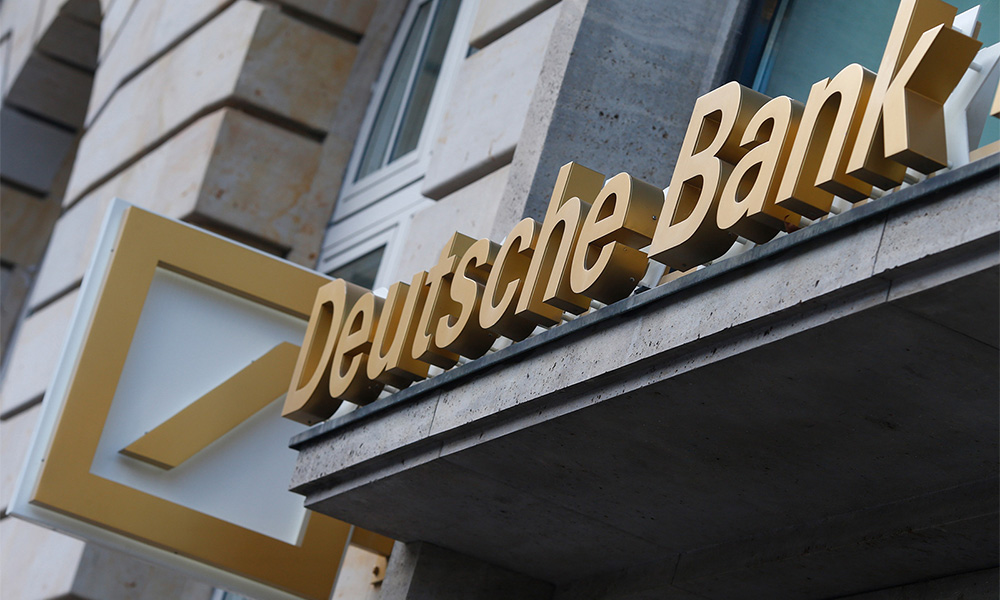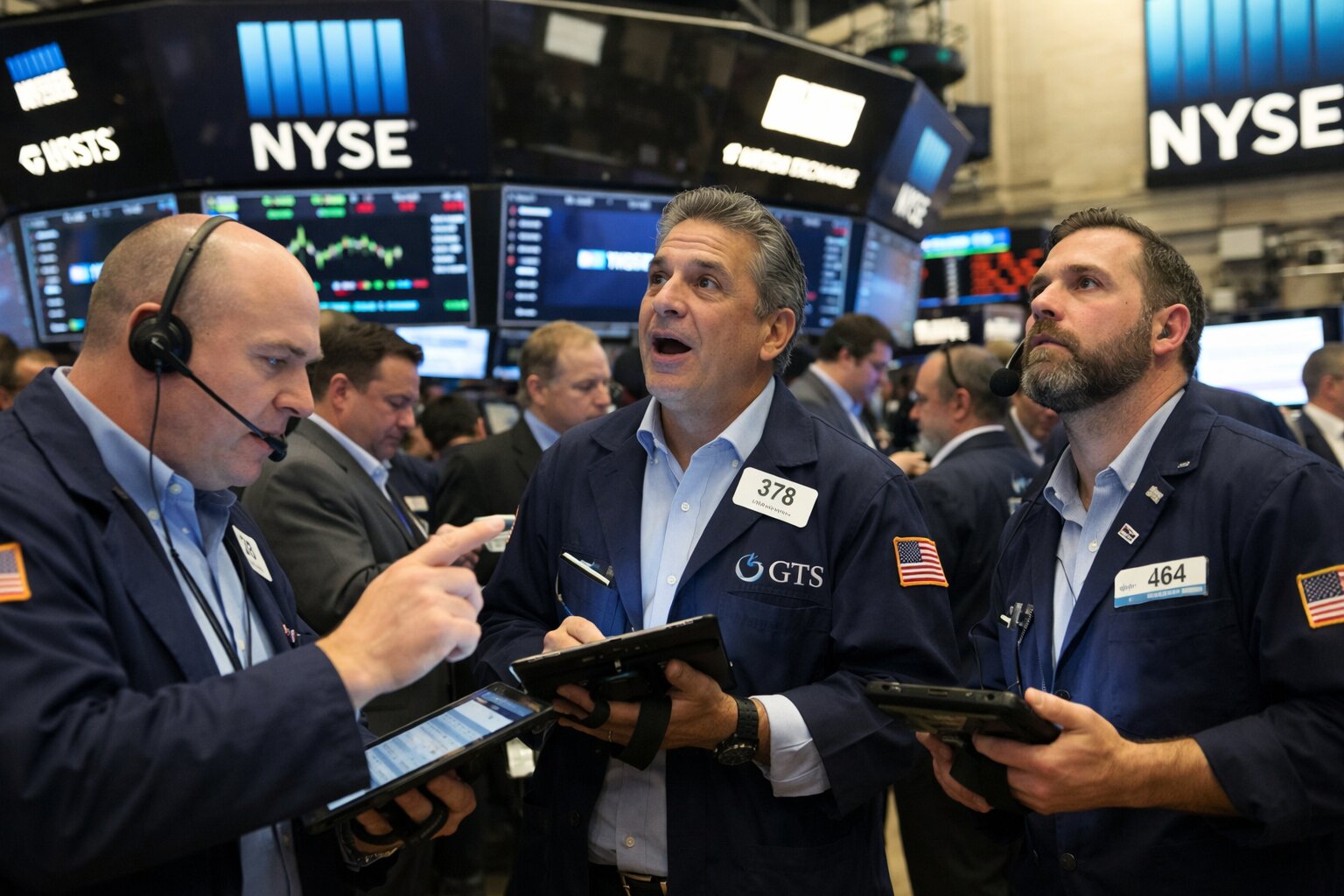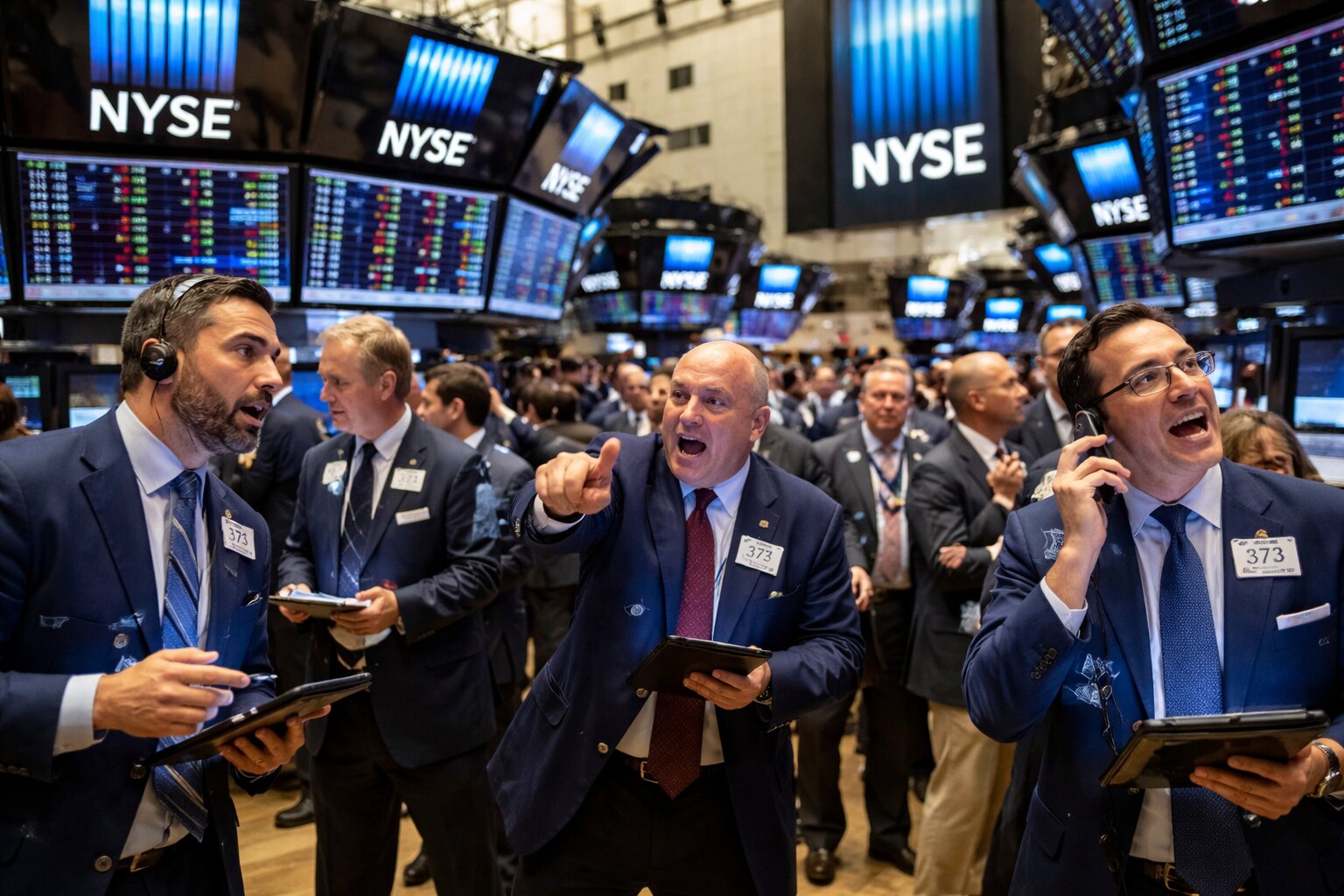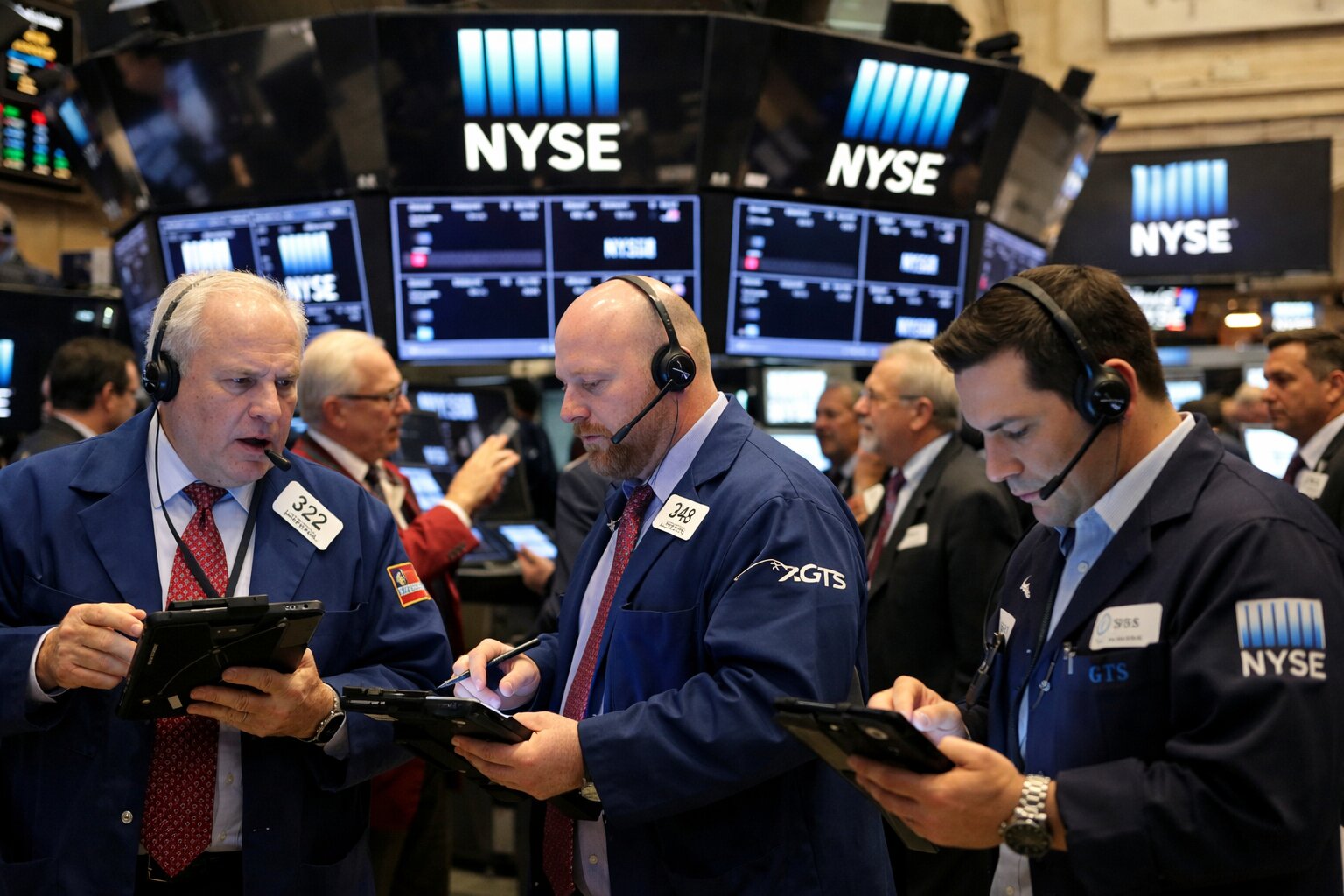
Deutsche Bank Plunges 8.5%- Schulz, Autonomos, Commerzbank & SocGen React
Deutsche Bank Shares Plummet as Resilience and Robust Performance Defy Market Volatility
As global markets continue to exhibit turbulence, Deutsche Bank's shares experienced an 8.5% fall last Friday, raising concerns among investors. This decline coincided with a surge in the cost of insurance against insolvency. However, experts argue that the German bank remains stable and resilient despite these market fluctuations.
Recent events in the European banking sector, such as the emergency bailout of Credit Suisse by UBS and the collapse of Silicon Valley Bank in the US, have generated a widespread panic among investors. Nonetheless, Deutsche Bank has demonstrated stability with 10 consecutive quarters of solid profits and capital. In 2022, the bank posted a record profit of €5 billion ($5.4 billion), an impressive 159% increase compared to the previous year.
The German Chancellor, Olaf Schulz, has also expressed confidence in Deutsche Bank, highlighting its comprehensive restructuring and modernization process. He emphasized that the bank's profitability shows no reason to fear for its future.
Market analysts have drawn attention to Deutsche Bank's exposure to the American commercial real estate market as a potential source of concern. However, research firm Autonomos, a subsidiary of AllianceBernstein, dismisses these concerns, noting the bank's stable capital and liquidity positions. Autonomos analysts have asserted, "Deutsche Bank is not the next Credit Suisse."
The decline in Deutsche Bank's shares was followed by a sharp jump in the bank's risk level in the markets. Credit default swaps (CDS) on Deutsche Bank's senior debt reached their highest level since their launch in 2018, at 190 basis points. Other European banks with high exposure to business credit, such as Commerzbank and Societe Generale, also experienced share declines of 9% and 7%, respectively.
Deutsche Bank, founded in 1870, operates as an investment bank and financial services company across nearly 60 countries. With its headquarters in Frankfurt, Germany, the bank boasted revenues of €27.2 billion in 2022, while the net profit attributable to its shareholders reached €5 billion. At the end of 2022, the bank's equity attributed to shareholders amounted to €62 billion.
As a universal bank similar to JPMorgan Chase and Citigroup, Deutsche Bank lends to households and businesses, advises on corporate mergers, and trades securities for large investors. The bank's total assets amounted to approximately €1.337 trillion ($1.448 trillion) at the end of 2022, employing nearly 85,000 people in 58 countries.
Despite recent market jitters, Deutsche Bank has made significant strides in its recovery plan, particularly under the leadership of CEO Chrisitan Swing since 2018. The bank's strong core equity level 1 (CET1) ratio of 13.4% indicates robust capital protections, and its return on actual equity, a key measure of profitability, reached 9.4%.
Analysts Stuart Graham and Leona Lee of Autonomous Research maintain that Deutsche Bank is not at risk, citing its profitability, strong capital ratio, and lower interest rate risk compared to some American banks.
The European banking system remains resilient, with strong capital and liquidity positions, as emphasized by EU leaders in a joint statement. Although market nerves persist, experts argue that these concerns are not reflective of Deutsche Bank's actual financial health and stability.
Read More
-
GPIQ ETF Price Forecast: Can a 10% Yield at $52 Survive the Next Nasdaq Selloff?
09.02.2026 · TradingNEWS ArchiveStocks
-
XRP ETF Price Forecast: XRPI at $8.32, XRPR at $11.86 as $44.95M Inflows Defy BTC and ETH Outflows
09.02.2026 · TradingNEWS ArchiveCrypto
-
Natural Gas Futures Price Forecast: Will The $3.00 Floor Hold After The $7 Winter Spike?
09.02.2026 · TradingNEWS ArchiveCommodities
-
Stock Market Today: Dow Back Under 50K While S&P 500 and Nasdaq Push Higher as Gold Reclaims $5,000
09.02.2026 · TradingNEWS ArchiveMarkets
-
USD/JPY Price Forecast: Can Bulls Clear 157.5 Without Triggering a 160 Intervention Line?
09.02.2026 · TradingNEWS ArchiveForex



















